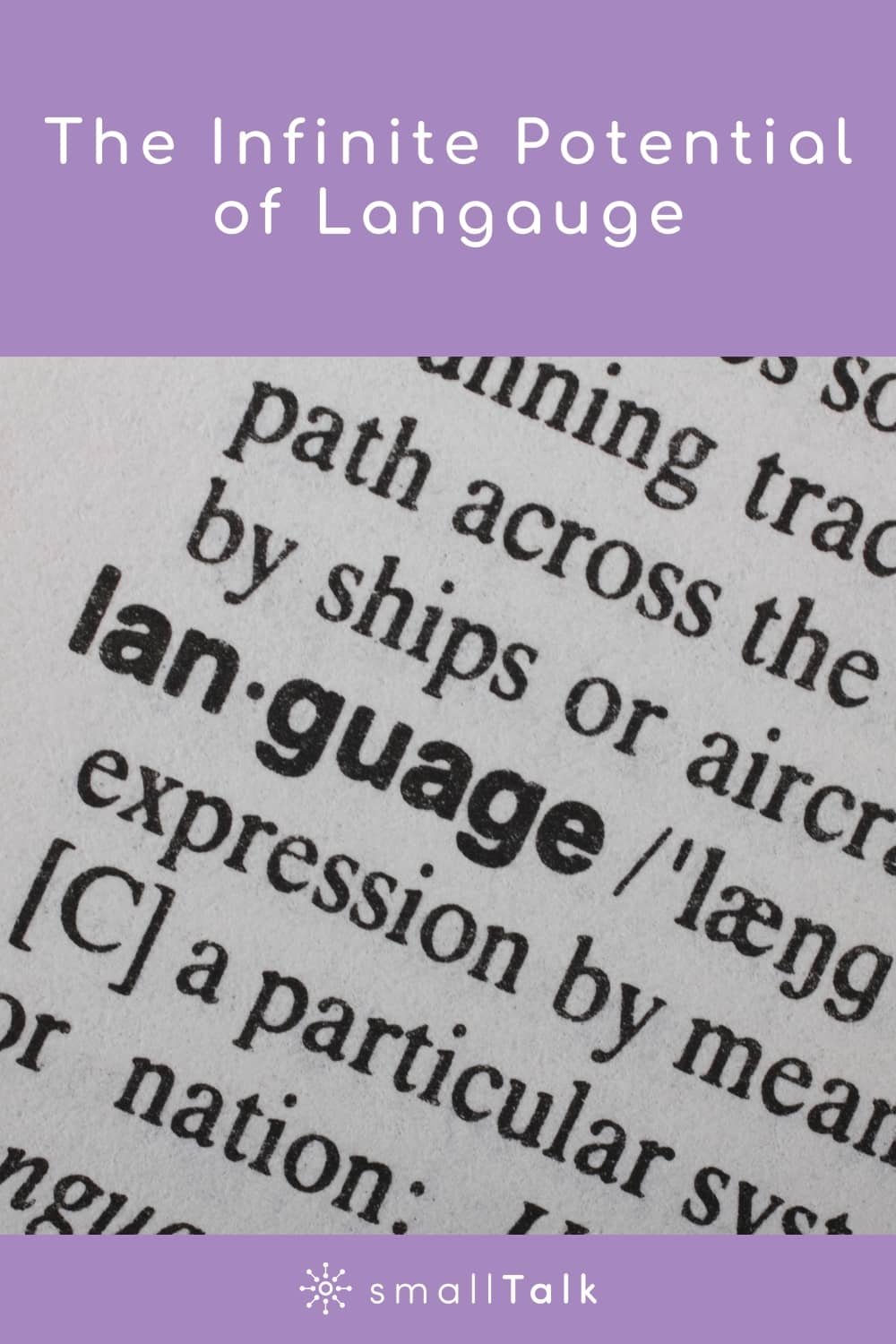
The Benefits of Bilingualism
Babies are the best language learners in the biz.
Language Acquisition and brain development are uniquely intertwined during infancy - language learning at this stage actually shapes how the brain functions for a lifetime.
Infancy and early childhood is the only time a person can acquire a language (meaning to store it in the language center of the brain) vs. learning in a more traditional way (like you would math, science or history).
Babies have the unique ability to distinguish all the language sounds (scientists call these phonemes) of the world. But the brain works by quickly specializing in the phonemes it interacts with in the first year. If a baby learns more language sounds in infancy, they retain those in their brain’s make-up for their whole life. Making it possible to learn a language with native fluency and forever changing their brain for the better.

Start Your Little One on Their Bilingual Journey!
How it works
-
Your baby’s brain is primed for language development. Learning at this stage develops lasting pathways for future success. We’re here to help you bring foreign language to your baby in a way that effortlessly pre-wires their brain with the building blocks (the speech sounds and patterns) of a new language.
-
Your little one needs the right language data for their developing brain. Our exclusive content captures the magic between caregivers and their children–singing and reading in their native language. You will be hearing the same types of interactions you would have with your own little one, just from another language and culture.
-
Simply listening to lullabies in a variety of languages isn’t enough. Just like older humans, your baby’s engagement in the material is what makes it stick. Our methods provide you the tools to make active learning exchanges with your little one.

The 'Bilingual Advantage'
This is what scientists call the proven benefits of a bilingual brain.
Permanent Neural Connections in the Brain
(your baby will always retain the phonemes of that language)
Improved Executive Functioning
(tasks like shifting attention switching tasks, and solving problems)
Increased Metalinguistic Skills
(the ability to think about language and how it works)
Improved Communication Skills and Cognitive Flexibility
(the brain's ability to adapt to different situations)
Easier Learning of Foreign Languages for Life
(even if they don’t immediately go on to learn the laungage in childhood)
Increased Creativity & Musicality
(additional benefits of cognitive flexibility and metalinguistic skills)
















